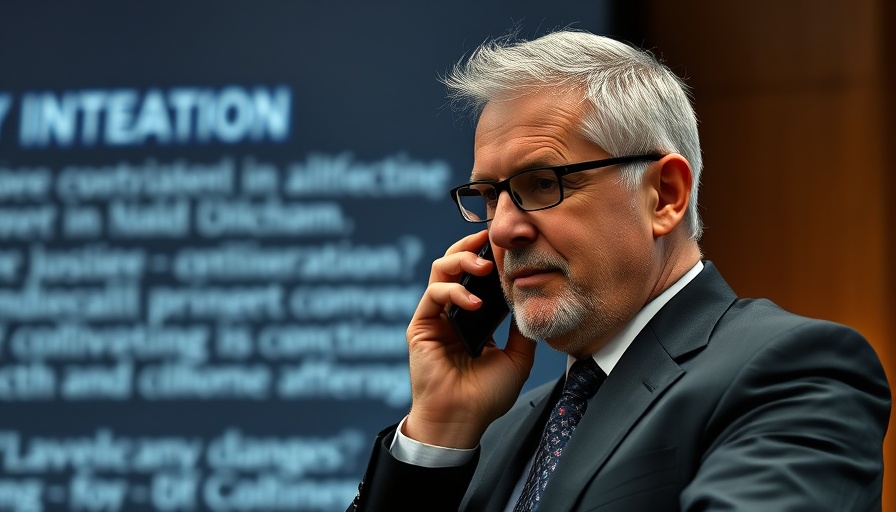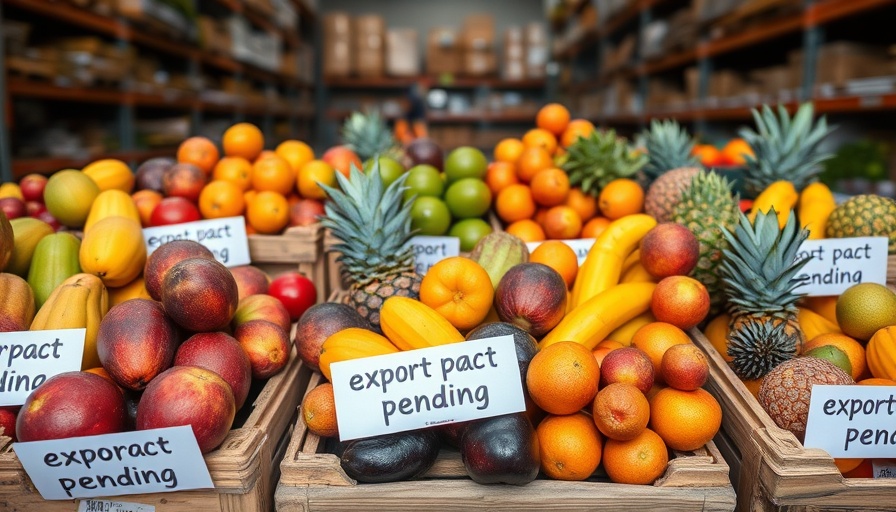
New Challenges Await CMA CGM's Ambitious Plans in Algeria
The ongoing tensions between Paris and Algiers have created significant hurdles for the French shipping giant CMA CGM, which was on the verge of announcing a vast investment in Algeria. Over the course of a year-long negotiation process, the company had aimed to become the leading private player in maritime freight within the country, promising to revolutionize shipping and logistics in the region. However, the anticipated announcement has been abruptly postponed due to diplomatic frictions.
Historical Context: Turbulent French-Algerian Relations
The roots of the current crisis can be traced back to the complex and often fraught historical relationship between France and Algeria. After gaining independence from France in 1962, Algeria has navigated its post-colonial identity while addressing the legacy of colonialism that continues to affect diplomatic ties today. Understanding this history is crucial as it informs current diplomatic negotiations and shapes public sentiment in Algeria.
Analyzing the Current Diplomatic Crisis
Recent statements by Algerian officials indicate rising caution regarding French investments, especially amid escalating tensions around governance and political autonomy. Algeria's stance reflects broader concerns about neo-colonialism, which complicates the investment landscape for foreign companies like CMA CGM. This backdrop of skepticism towards French interests plays a pivotal role in shaping not only bilateral relations but also perceptions of foreign investment across the continent.
The Implications of CMA CGM's Investment Delay
CMA CGM's plans were expected to bring in substantial foreign investment, crucial for Algeria’s economic growth, especially in infrastructure and trade. The delay not only impacts the logistics sector but also reverberates through multiple sectors linked to economic development. If such investments are delayed or cancelled, the repercussions might stifle Algeria's aspirations towards industrialization and modernization.
Future Outlook: Is There Hope for Resolution?
Looking ahead, there is both hope and uncertainty for resolving the diplomatic impasse between France and Algeria. While both nations have expressed a desire to strengthen ties—illustrated by President Macron's plans for a state visit—the lingering issues of historical grievances and contemporary governance will require substantial dialogue. Effective communication and trust-building measures will be pivotal in laying the groundwork for future investments and cooperation in various sectors.
Actionable Insights: Fostering Sustainable Relations
As professionals in the field of international business and diplomacy, it is essential to grasp the significance of building frameworks for cooperation that are not only economically viable but also culturally sensitive. Stakeholders in both nations must pivot towards enhancing mutual understanding and addressing critical developmental issues such as poverty alleviation, infrastructure development, and youth empowerment to foster durable partnerships. This cannot be merely a transactional relationship; it must evolve into a collaborative engagement that respects Algeria's sovereignty and promotes shared goals.
In conclusion, the situation between Paris and Algiers, while challenging, presents an opportunity for rethinking how diplomatic and economic relations can evolve in a manner that benefits both parties. Key players in foreign investments, such as CMA CGM, alongside local stakeholders, must engage in constructive dialogue and compromise to navigate these complex waters effectively.
 Add Row
Add Row  Add
Add 




Write A Comment